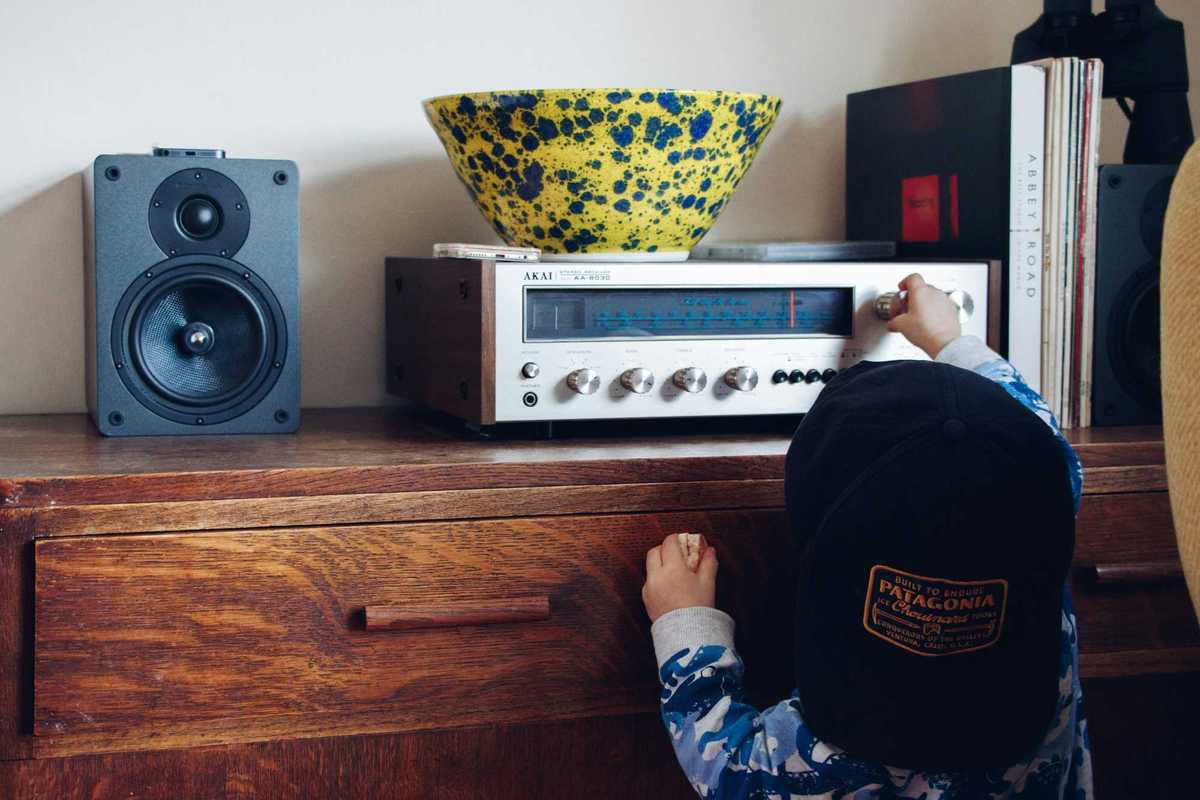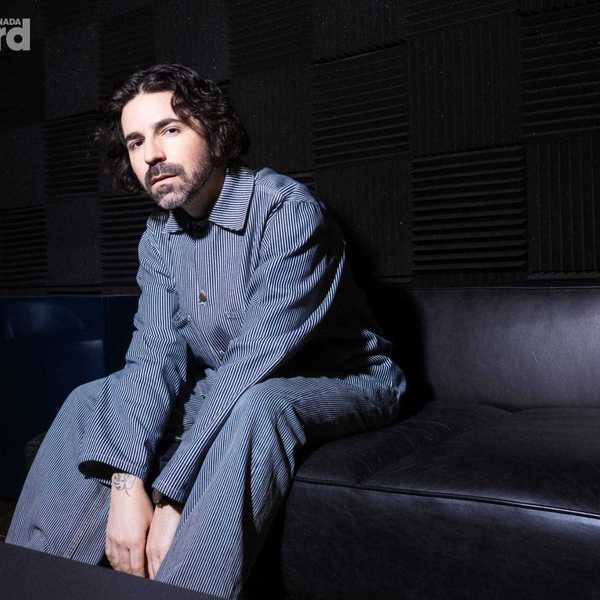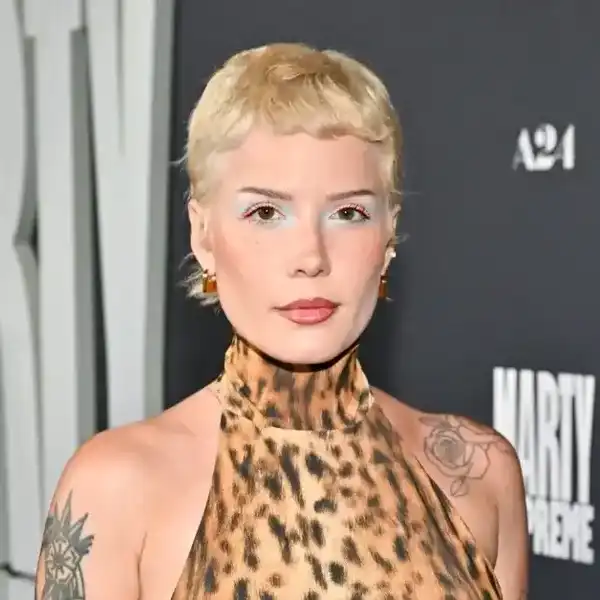Masters Of the Mic Forecast Radio's Next Frontier
Sharon Taylor asks some of the best and brightest minds in the radio business to put aside their own interests and independently answer five identical questions and make one prediction. These are their responses, edited only for space. Grab some spiked eggnog and enjoy!
By Sharon Taylor
I asked some of the best and brightest minds in the business to independently answer five identical questions and make one prediction. They were also prompted to put aside their own interests and respond by thinking about our industry overall. PDs, a SM/GM, consultants and a podcaster. These are their responses, edited only for space.
Measurement issues, formats, women in management, spot loads, digital, mentorship and more, it’s all here. Grab some spiked eggnog and enjoy!
Julie Adam – Senior Vice President Radio – Rogers
I'm most worried about the Canadian industry coming together to ensure that we can successfully migrate our over the air stations (especially the AM band) to digital, as they’ve done in Europe.
What I see changing is better collaboration among companies, 2018 was our best year yet for that.
To stay profitable, I think radio needs to stay focused on the audience and the advertiser and not fear distribution and “digital”. Go out and hire great, unique, diverse talent on-air and off-air and let them swing for the fences. It’s the people that will lead us to growth.
The biggest problem radio faces in 2019 is fear. Fear of the unknown. Fear of digital. Fear of our demise. Let’s not be scared. Let’s instead be bold!
The format with the biggest growth next year will be the one with the best people. That’s cheating, I know, but I’m not one for sweeping statements about formats.
I predict that in 2019 I will work my tail off and do whatever I need to do to help our industry stay strong. Not really a prediction, more like a promise.
Christian Hall – National Program Manager Harvard/Program Director X92.9 Calgary
I'm most worried about marginalization of the product. Corporations have been lopping off fingers, toes, and thumbs to boost or maintain profit levels for years. Now there are no digits left, so they're lopping off limbs, and it’s getting very noticeable in the quality of the product being put out.
What I see changing for the better is more time and effort on brand building. For the worse? More major dayparts getting filled by voice tracks.
The biggest problem radio faces in 2019 is declining marketing budgets. Our industry is still delivering the audiences, but other sectors are hurting so bad (small businesses especially) that the first thing they usually cut is their marketing budget.
To stay profitable, I think radio needs to forget the insane profit margins from 15-20 years ago and realize this is a still a very healthy business to be in. Maybe spend some time looking at other industries and understand that with the slivers of profit they’re squeezing out, we still have it good.
The format with the biggest growth next year will be AC. Soft or Traditional it doesn’t matter, it’s back. Plus, I expect to see some growth from Alternative to reflect what we’ve seen in the US.
I predict that in 2019 CHR is gonna have a comeback. This garbage music cycle they’ve been suffering through will come to an end.
Jj Johnston - CEO, President and Chief Programming/Talent/Content Coach - JJIMS INC.
I'm most worried about managers/leaders being so busy juggling so many tasks that talent is not getting the attention and nurturing needed to fulfill potential, and in some cases are giving up.
What I see changing is that smart speakers are a game changer. They are the new transistor radio, and we need to get on this quicker, teaching listeners how to use them to listen to our radio stations instantly. Try to buy a radio these days. Phones and smart speakers are today's radios.
The biggest problem radio faces in 2019 is being so busy that the focus on talent takes a back seat.
To stay profitable, I think radio needs to keep a focus on talent development in all areas and of course content generation on-air. Good local content (local is what people locally are talking about). "Chemistry is great, but it is not content. Chemistry brings content to life.
The format with the biggest growth next year will be country. It's smart, edgy, sexy and for the most part real or what could be real in clever story form (been like that forever). Amazing the younger demo that the format delivers. The audience comes in all shapes and sizes. Many more markets will have multiple country stations in the next few years.
I predict that in 2019 talent that works at being current, in touch, and relevant will continue to win. I won't be surprised if changes happen to those who have quit but are still coming to work. If this is you, the best time to fix this by getting recommitted was a while ago; the next best time is now! Reach out, demand direction, find help in other places if necessary and do the work and make it happen every time you plug in.
Matt Cundill – Owner- Sound Off Media Company – Winnipeg
I'm most worried about diary measurement. Recruiting panelists is becoming harder and more expensive. The diary system is antiquated. I think back to what Julie Adam said at Canadian Music Week, and she reiterated again on my podcast: "If we were starting again (measurement) today, how would we do it?" I think that's a question everyone should be thinking about as we look to the future.
What I see changing are spot loads: With ample audio entertainment coming into the car, the reasons for sitting through long commercial breaks is often minimal. In the end, it's going to be what the listener is willing to put up with from radio, and they are increasingly putting up with less and less. Monetizing digital assets is the answer I gave in 2009 when we were coming out of recession, in 2017 radio revenues were off by 1.9%; adding to fuel to myth that radio is dying. In Europe, some countries see their radio revenues growing because they have either sold well across their digital platforms or came up with radio-centric solutions. If radio can increase revenue 4% by either using digital or innovative "made-by-radio" solutions, then it is reporting a 2 percent increase next year. And then we have a great story to sell.
The biggest problem radio faces in 2019 is a lack of mentorship: There are assistant program directors with their program directors in other time zones. There is air talent with no program director, or they are the program director. A recent study by Jacobs Media indicated that 4/10 on-air personalities have never had an air check. There's not a shortage of on-air talent, in so much as there is a shortage of talent receiving the necessary feedback to grow. Just about everyone I have interviewed on my podcast spoke of someone whose career path was altered by their guidance. All greatness involves a mentor.
To stay profitable, I think radio needs to understand that the competition is time, not the 3 other CHR's and the two other Rock stations. With more audio and entertainment choice than ever before, how can radio provide value in the time listeners will allot to your station? Is what you are doing worthy enough to live in an on-demand world, and if so, how can it be distributed effectively? (And by distributed effectively, I mean marketed) Radio's competition is not digital or TV, it is over-focusing on the 30-second commercial. We've asked personalities to talk less, musicians to get to the hook faster, but the 30-second commercial is still the gold standard?
The format with the biggest growth next year will be Soft AC: Very simply, because it's available and it's okay to permit yourself to sell older demos. After 10 years of the PPM era fusing Hot AC and CHR to nearly indistinguishable sounds, Soft AC is ready for a reboot. I understand the sexy answer here is Country but being the #2 or #3 format choice is a lot harder and too expensive to market, and listeners believe that another country or CHR station is "just more of the same that is already offered." You'll be happier owning your format with a 3 share than chasing #1 with marketing dollars.
I predict that in 2019 Justin Trudeau, fresh off an election victory that saw his party reduced to a minority government, will take the stage and sing Spanish Train with Chris Deburgh at CHOM's 50th Birthday party in November.
Ian March – Program Director Indie88 – Central Ontario Broadcasting - Toronto
I'm most worried about declining (or simply not growing) revenues leading to less investment in the product.
What I see changing is an overall re-think of content creation and distribution; how, who, where, when.
To stay profitable, I think radio needs to find and exploit new revenue streams; convince our customers of the value of advertising to those older than 54.
The biggest problem radio faces in 2019 is price no longer being a barrier to mobile data use.
The format with the biggest growth next year will be Soft AC.
I predict that in 2019 a big, heritage AM brand will find its way to FM.
Troy McCallum – Program Director boom973 Toronto - Stingray
I'm most worried about the focus on cost-cutting and the product suffering as a result of it. This is what will kill our industry. Fewer people doing more jobs increases stress and attention to details are missed because there’s “not enough time” to do it right.
What I see changing is radio actually making a bigger comeback - “What’s old is new again”. It never really went away, but I do believe it will become “cool” to listen to the radio for ALL ages. As a society, we need interaction and communication – Spotify, iTunes, etc. do not offer this.
To stay profitable, I think radio needs to stay creative, challenge itself to change things up. The old saying “It’s how its always been done” should be taken out behind the woodshed. Stop copying and start creating.
The biggest problem radio faces in 2019 is automation and the impersonalization of radio stations (voice tracking/lack of interaction with listeners as a result). Social Media is a division: Texting, Facebook Messaging is fine, but it’s the human voice and interaction with another human that connects us.
The format with the biggest growth next year will be Classic Hits, hello?
I predict that in 2019 stations will re-jig their morning show teams to downsize and the corporate radio structure will ultimately realize the reins need to be a lot looser to make money and make radio fun again.
Susan Reade – General Manager, General Sales Manager Edmonton – Stingray
I'm most worried about spending any time worrying. Challenges are solved by putting creativity into action, not hand-wringing.
What I see changing is more women moving into management, because it’s 2019.
To stay profitable, I think radio needs to be available on many platforms.
The biggest problem radio faces in 2019 is communicating to the advertising community that we haven’t been ‘disrupted’ that the listeners are still there, and radio continues to be part of most people’s daily life.
The format with the biggest growth next year will be highly engaging.
I predict that in 2019 Apple will take an ownership position in iHeart Radio, foreshadowing a renaissance of the medium in North America as an infinitely scalable social connector.
Janet Trecarten - Program Director/Music Director QX104 Winnipeg – Pattison
I'm most worried about push weeks to gain top 10, top 5 or number 1 chart positions for Cdn artist singles. Radio is asked to support a push week/s with ‘extra’ spins outside the category it’s playing in and often in advance of a song reaching its true potential as a hit single. I’ve seen instances where the single legitimately starts testing in the top 5 (or number 1), 4-5 weeks after these push weeks and should legitimately get into a power international category, but since the push week has already happened, it doesn’t. I’ve also seen Cdn singles that did get to number 1 with push weeks not even test well enough to stay in an Active Gold Rotation 6 months later. This worries me most because I believe we are missing out on songs becoming as big as they could become, resulting in Cdn gold libraries that continue to test at levels below many international titles.
What I see changing is that as people move away from radio over the air to streaming, it’s quite possible that broadcast transmitters may become obsolete someday, or new digital methods of delivery (that we don’t even know of yet) will take their place.
To stay profitable, I think radio needs to move beyond traditional on-air radio schedules for clients. Radio needs to continue to incorporate a multitude of platforms for content delivery and find creative/smarter opportunities for clients on these platforms that in turn produce results. Radio needs to focus on the importance of remaining relevant to younger demos, which will mean changing the way we do some things.
The biggest problem radio faces in 2019 is this isn’t new to 2019 but will be a bigger and bigger problem every year. Where do the next generation of talented on-air personalities, producers, programmers, promotional geniuses and writers come from. How will radio position itself as somewhere younger people aspire to work.
The format with the biggest growth next year will be country. The past few years have been pretty good, but nowhere near as good as some of the bumper crop years. Being a cyclical format, it feels like it’s next boom may be near.
I predict that in 2019 the CRTC drops Canadian Content regulations, the CRTC changes the Common Ownership Policy for Radio, and ratings in diary markets move to a different survey period model (ok, that already happened for many markets in the Spring, but I’d be surprised if there isn’t more to come).
My thanks to this panel of experts. Happy Holidays and great ratings to all!
– Sharon Taylor is a Toronto based broadcasting consultant who works with people, not companies. She can be reached at sharontaylorradio@gmail.com.

















